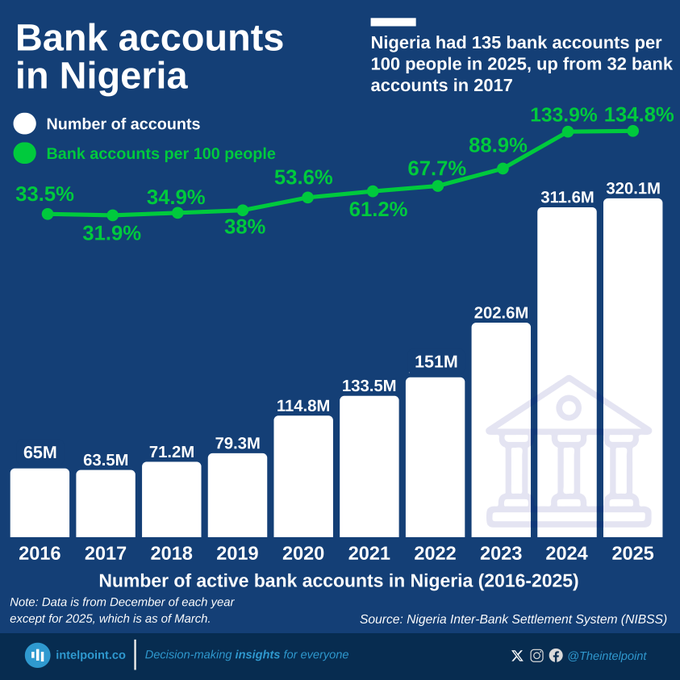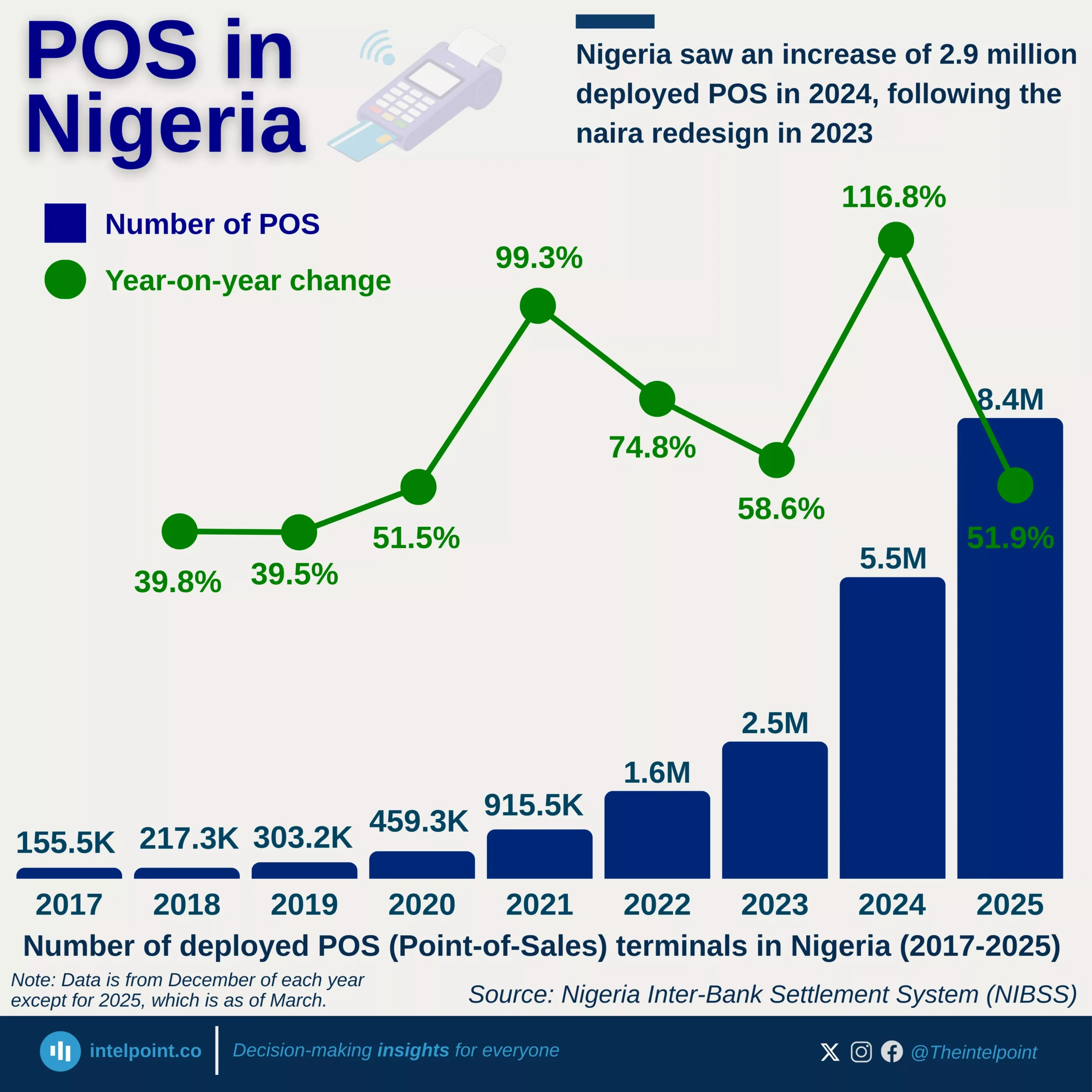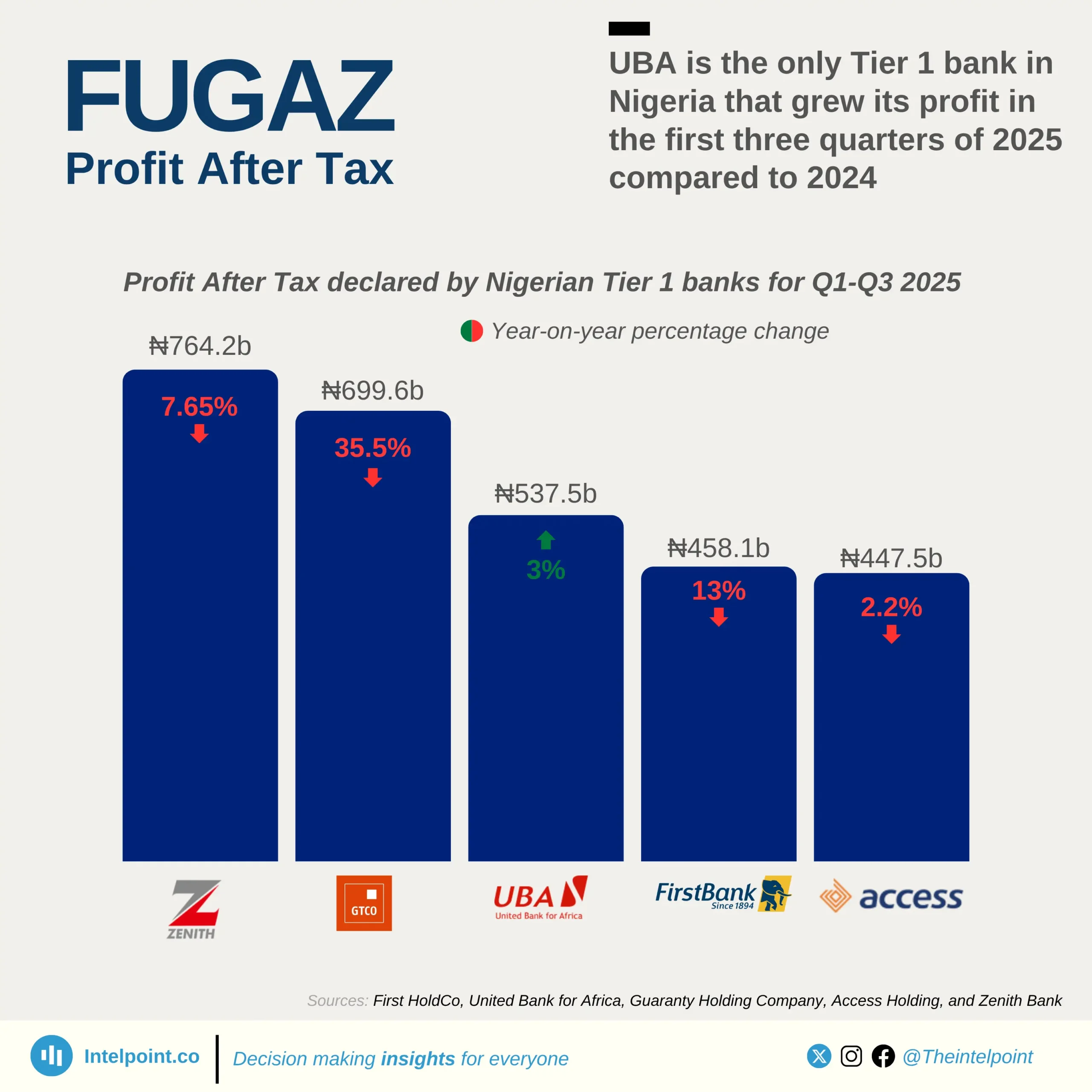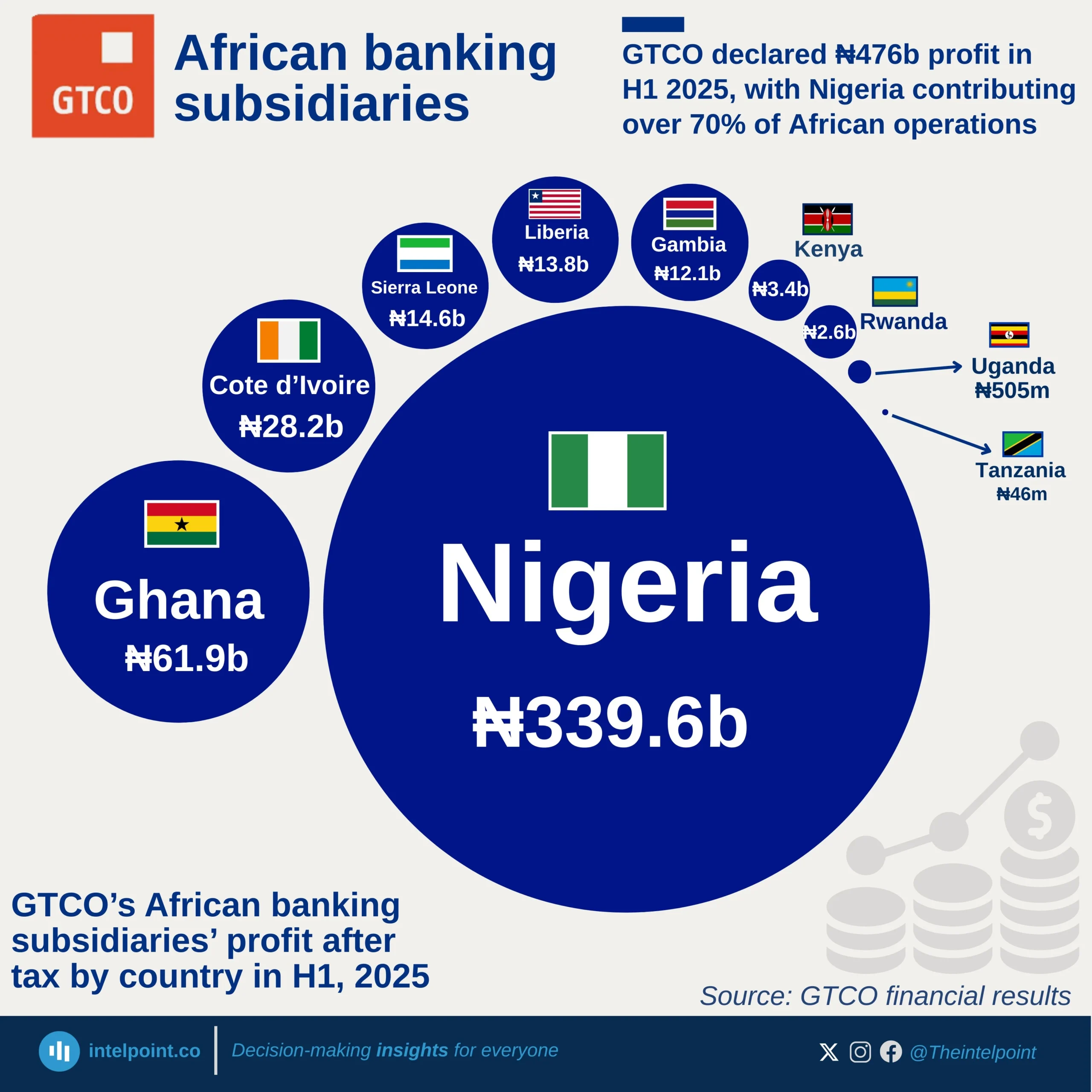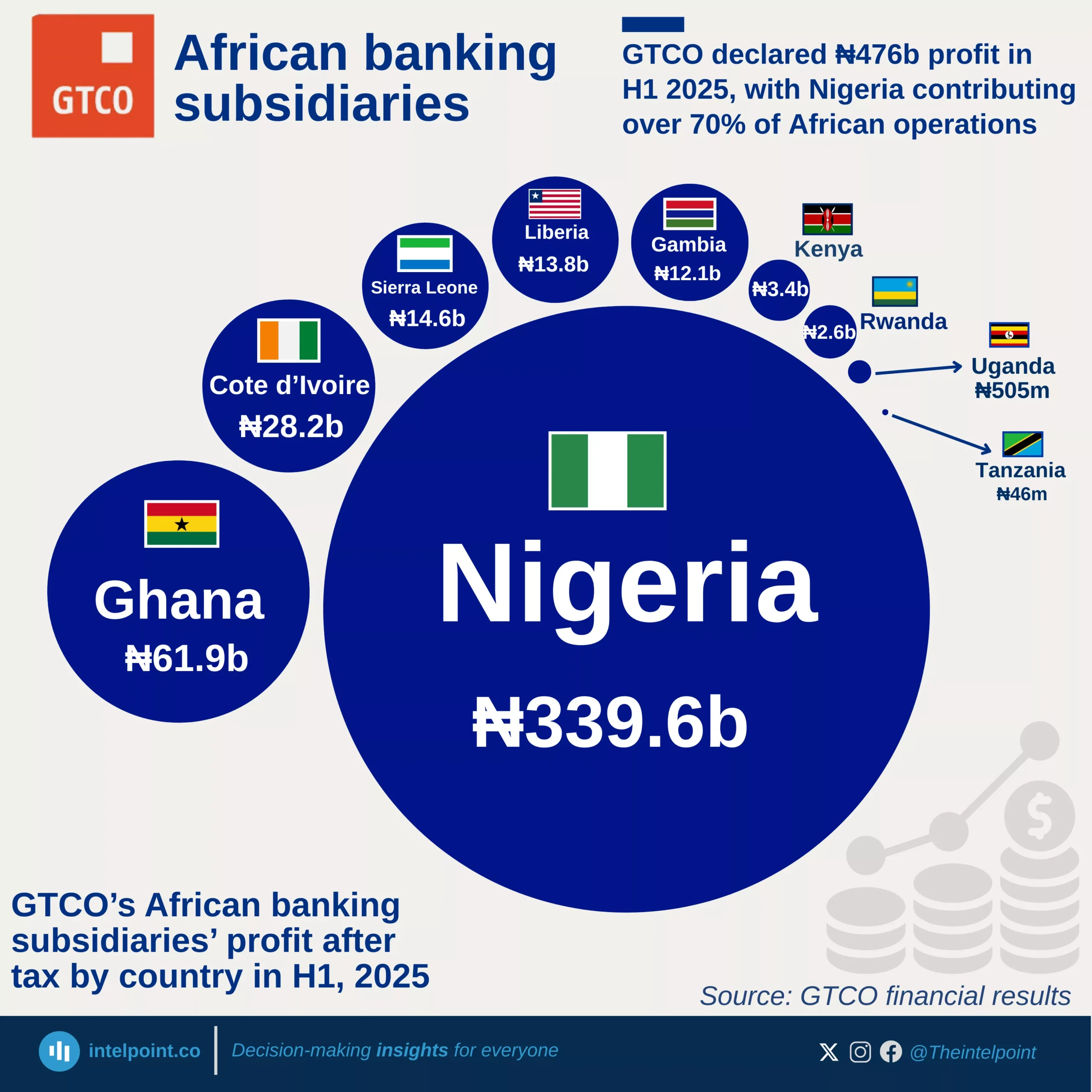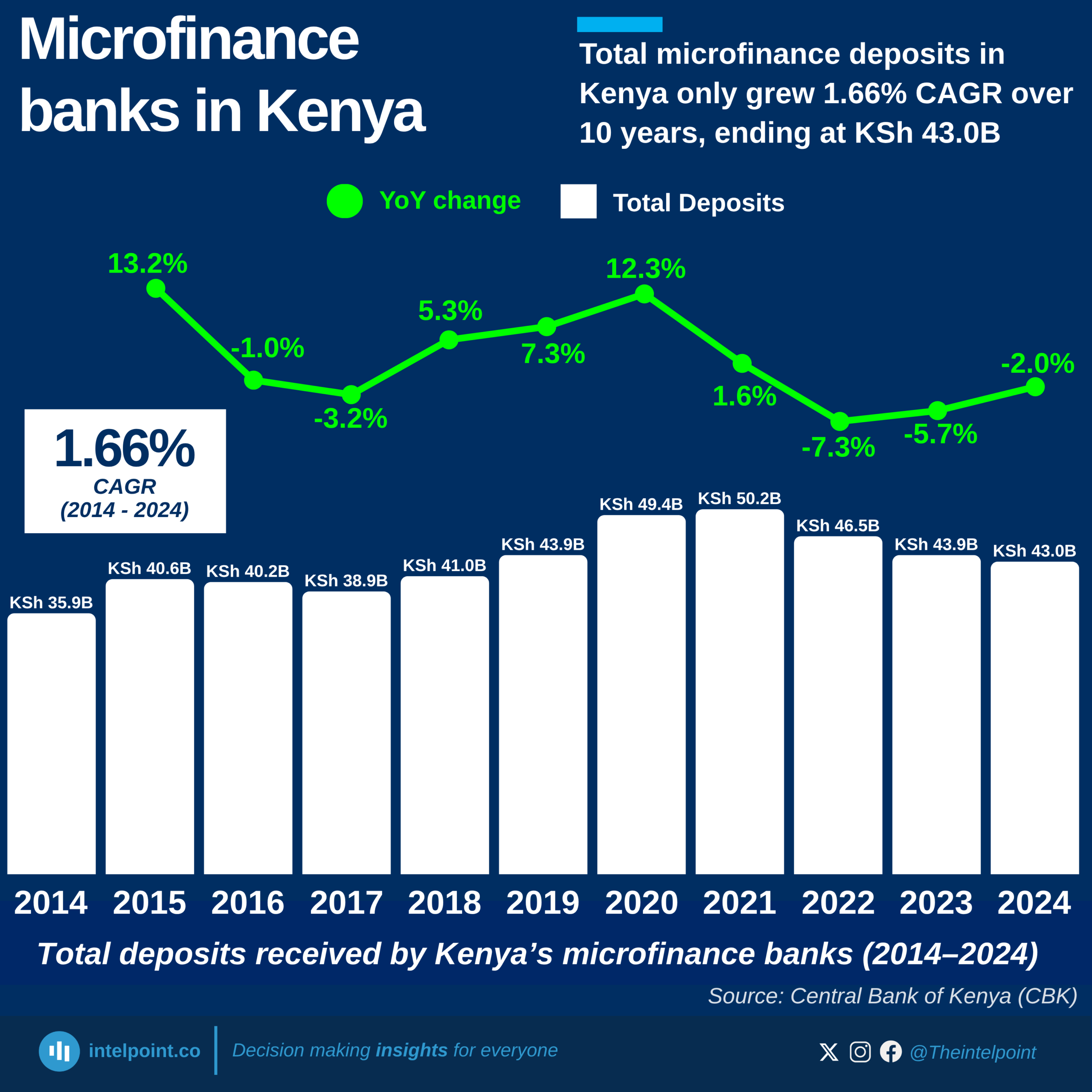Key takeaways:
In 2018, the Central Bank of Nigeria founded Polaris Bank to take over the assets and liabilities of the now-defunct Skye Bank. Under the guidance of Managing Director Tokunbo Abiru, the bank concentrated on stabilisation and growth.
Embracing technological advancements, the bank introduced its digital banking platform, VULTe, in 2021, improving its customer experience. In October 2022, Strategic Capital Investment Limited acquired full ownership of Polaris Bank, marking a significant new phase. Following this, in January 2024, the Central Bank of Nigeria reorganised the bank's leadership, appointing Kayode Lawal as the new Managing Director/CEO.
